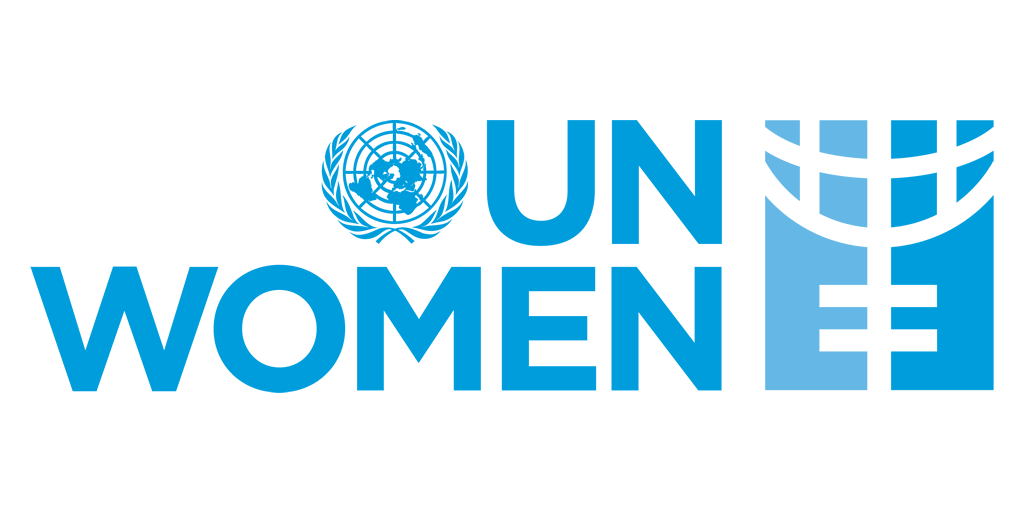Women and young people with disabilities in Fiji are forging a new path—one that gives them information, access, and inclusion in advancing their sexual and reproductive health and rights.
Women lead sexual health and disability rights seminars in new Fiji programme
Women Enabled International worked with the Fijian government and other stakeholders to launch the Community-Based Sexual and Reproductive Health Officers Programme in 2022. Importantly, this programme has been developed and co-led by women with disabilities themselves.
The programme stemmed from research by Women Enabled International, as one of its Generation Equality commitments to the Action Coalition on Bodily Autonomy and Sexual and Reproductive Health and Rights.
“From the very beginning, the Ministry of Health was really supportive of this initiative”, said Sofía Minieri, legal adviser at Women Enabled International. “They know the best way to increase access to [sexual and reproductive health and rights] services among persons with disabilities is by working with them directly, as they are experts on their needs. This collaborative work also offers an opportunity for mutual learning.”
The programme has already made waves in Fiji. Anaseini Vakaidia, coordinator of the sexual and reproductive health programme at the Fiji Disabled People’s Federation agrees, saying, “In addition to effectively expanding the demand for [sexual and reproductive health] services, the programme has supported the leadership of women with disabilities and their representative organizations.”
“It has fostered a strong partnership between us, service providers, and state authorities”, she added.
It’s very important for us to know about reproductive health and what it means for us. At times we are not included in a lot of spaces or workshops that share this kind of topic.
Through the programme’s two-stage strategy, women and young people with disabilities are recruited as sexual and reproductive health officers and empowered with the knowledge and skills to lead outreach activities. Service providers also receive training on disability rights and inclusion. Together, they co-facilitate two-day outreach sessions, sharing health information and providing services to people with and without disabilities.
The programme has reached 127 people in Fiji’s Central and Western Divisions, and 104 people with disabilities participated in outreach sessions. Participants in the Central Division expressed astonishment at the wealth of materials—many had never received information on family planning, safe motherhood, or healthy relationships. In the Western Division, participants highlighted an even larger gap in access to information and health services—only four in 10 reported having previous knowledge of the right of women with disabilities to choose their partners.
A woman with a disability who participated in one of the sessions said, “It’s very important for us to know about reproductive health and what it means for us. At times we are not included in a lot of spaces or workshops that share this kind of topic.”
The participation of healthcare workers—including public servants—in the programme’s implementation has also highlighted their commitment to ensuring the services they provide are fully accessible and disability-inclusive.
“The training was very useful as it provided health workers with a better platform on how best to provide assistance and services for persons with disabilities . . . treating them as any other human being, instead of seeing them as objects of charity or a ‘special case’”, said a healthcare worker who participated in an awareness session on disability inclusion.
Kathleen Taylor, Pacific International Programme Coordinator at the UN Population Fund (UNFPA), sees an encouraging path forward, saying, “Due to its huge success in Fiji, other States in the Pacific region are planning to replicate the programme in the coming years.”
Such a programme to strengthen the provision of accessible and disability-inclusive sexual and reproductive health information and services can serve as a testament to the power of collaboration.
